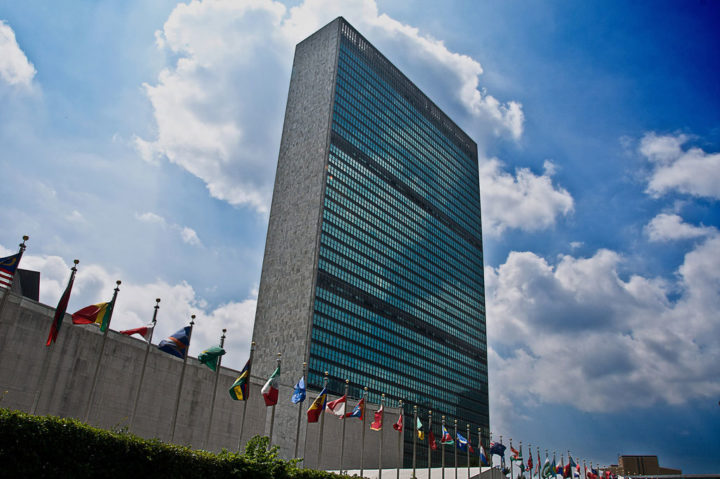Comment on signing ceremony for Paris climate pact
UN to host signing ceremony for landmark Paris Agreement on Friday 22 April
By George Smeeton
info@eciu.netShare
The number of countries expected to sign the Paris climate change agreement this Friday is a ‘powerful statement’ of global commitment to tackling climate change, says Richard Black, Director of the Energy and Climate Intelligence Unit (ECIU).

“Although the signing ceremony is largely symbolic, the sheer numbers of countries expected to sign this week is a powerful statement of global commitment to the Paris Agreement”, he said.
The UN expects over 160 countries to sign the Agreement on 22 April, which would be a record opening day signing for any international agreement. The previous record was 119 signatures set at the ceremony for the UN Convention on the Law of the Sea (UNCLOS) in Montego Bay in 1982.
“What’s even more notable is how many of the major players are pushing for early ratification, and who they are,” said Richard Black. "They include the US, China and India, the world’s biggest emitters of greenhouse gases – all countries that have at times mounted roadblocks in the UN process, but which are all now taking a leadership role.
“The developing country impetus is particularly noteworthy, with China, India and other emerging economies now setting the pace in the global low-carbon race. Last year for the first time emerging economies invested more in renewable energy than developed economies - and the message is that developed economies, including the UK, risk losing out on economic benefits of the low-carbon transition if they don’t keep up.”
Sir Crispin Tickell, former British Ambassador to the United Nations, said that the Paris Agreement signing, coinciding as it does with a state visit by President Obama to the UK, is a good time to reflect on the key role that international diplomacy played in securing the agreement.
“Britain was a key player in preparing the diplomatic ground for the Paris Agreement, consistent with our long history of international leadership on climate change since Margaret Thatcher’s time in office when when she was the first world leader to highlight the threat posed by climate change to the UN,” he said.
“Much of Britain’s influence is of course exercised though its leadership within Europe, so there is a risk that that would be diminished if we voted to leave the EU.
“The Paris Agreement signing is a timely reminder of both the importance of multilateralism and the need to continue addressing the problem at home – and this is an area where the government needs swiftly to get back on course.”
The Paris Agreement will enter into force when at least 55 Parties to the UN’s climate convention (UNFCCC), accounting in total for at least 55% of total global greenhouse gas emissions have ratified the agreement. Christiana Figueres, executive secretary of the UNFCCC, said in London recently that she expects the agreement to come into effect by 2018.